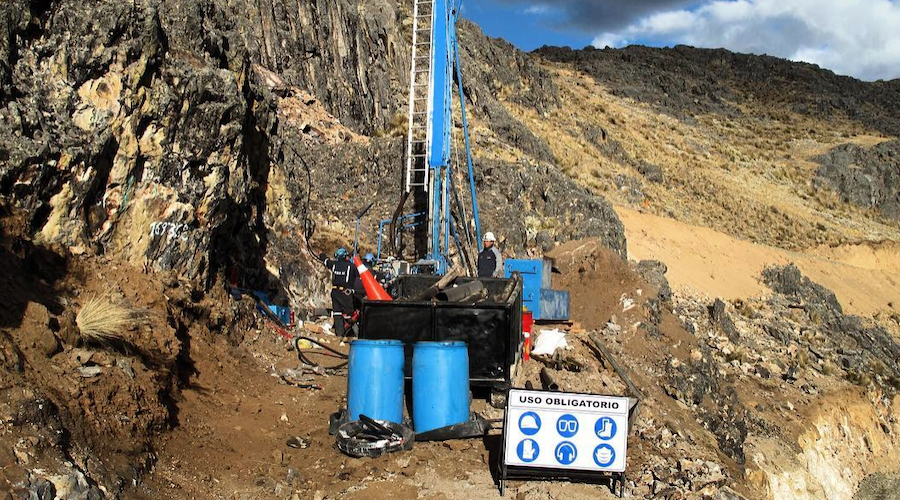Sierra Metals one step closer to expanding Yauricocha mine in Peru

Sierra Metals (TSX: SMT) is one step closer to expanding its Yauricocha mine in Peru.
This week, the miner reported the approval of the Environmental Impact Assessment Study for the expansion of the tailings deposition facility at the polymetallic mine.
The positive answer follows an initial negative issued in December 2016 by Peru’s National Environmental Certification Service to Sierra’s subsidiary Sociedad Minera Corona. The miners were given 15 business days to provide a re-evaluation to the authorities to initiate a review process. The revision resulted in the recent satisfactory outcome.
“Having now received approval for the EIA study at Yauricocha, we can now proceed to obtain a construction permit for the next phase of the tailings deposition facility, and to commence planning for an expanded waste rock facility,” Igor Gonzales, President and CEO of Sierra Metals, said in a media statement.
Gonzalez also said that once the steps are completed, the company will be able to submit an ITS document, which is required for any potential expansion of the mine. The plan is to grow output by 20% to 3,600 t/d.
The plan is to grow output by 20% to 3,600 t/d.
Yauricocha is an underground operation hosted on an 18,000-hectare land package located in the Yauyos Province of the Lima Department in the central coast of the South American country.
Sierra Metals owns 82% of Sociedad Minera Corona which, in turn, owns 100% of the Yauricocha mine.
The site has been in continuous operation since 1948, initially under the direction of Cerro de Pasco. The mined ore is hoisted through the Mascota production shaft to the 720 haulage level and then transported by rail through the Klepetko tunnel to the Chumpe processing plant.
According to Sierra, the daily mining rate using sublevel block caving and cut-and-fill is approximately 3,000 tonnes, while the Chumpe plant has a daily capacity of 3,000 tonnes of complex ores carrying zinc, lead, copper, silver and gold values.
Yauricocha’s reserves are, in the proven category, 1.8 million tonnes and a little over 7 million tonnes in the probable category.
{{ commodity.name }}
{{ post.title }}
{{ post.date }}




Comments